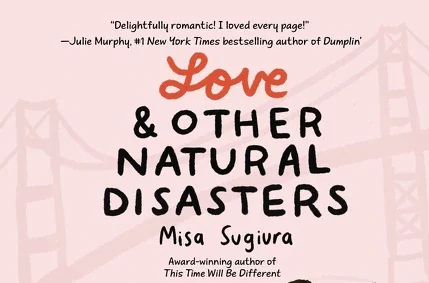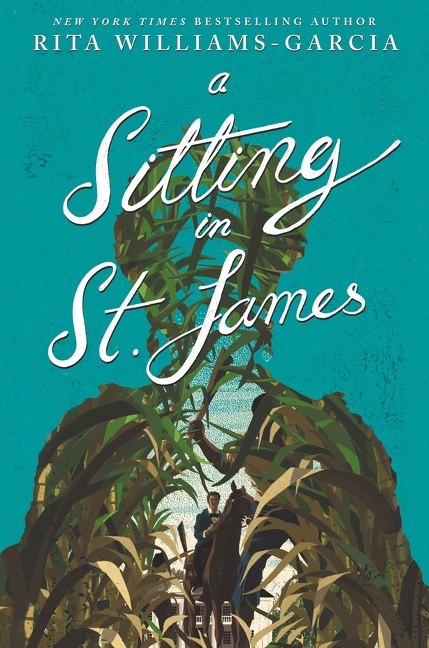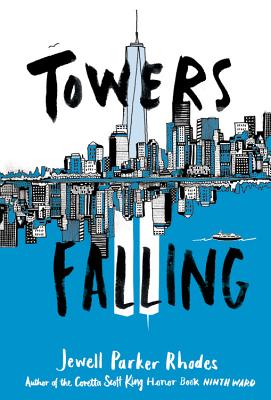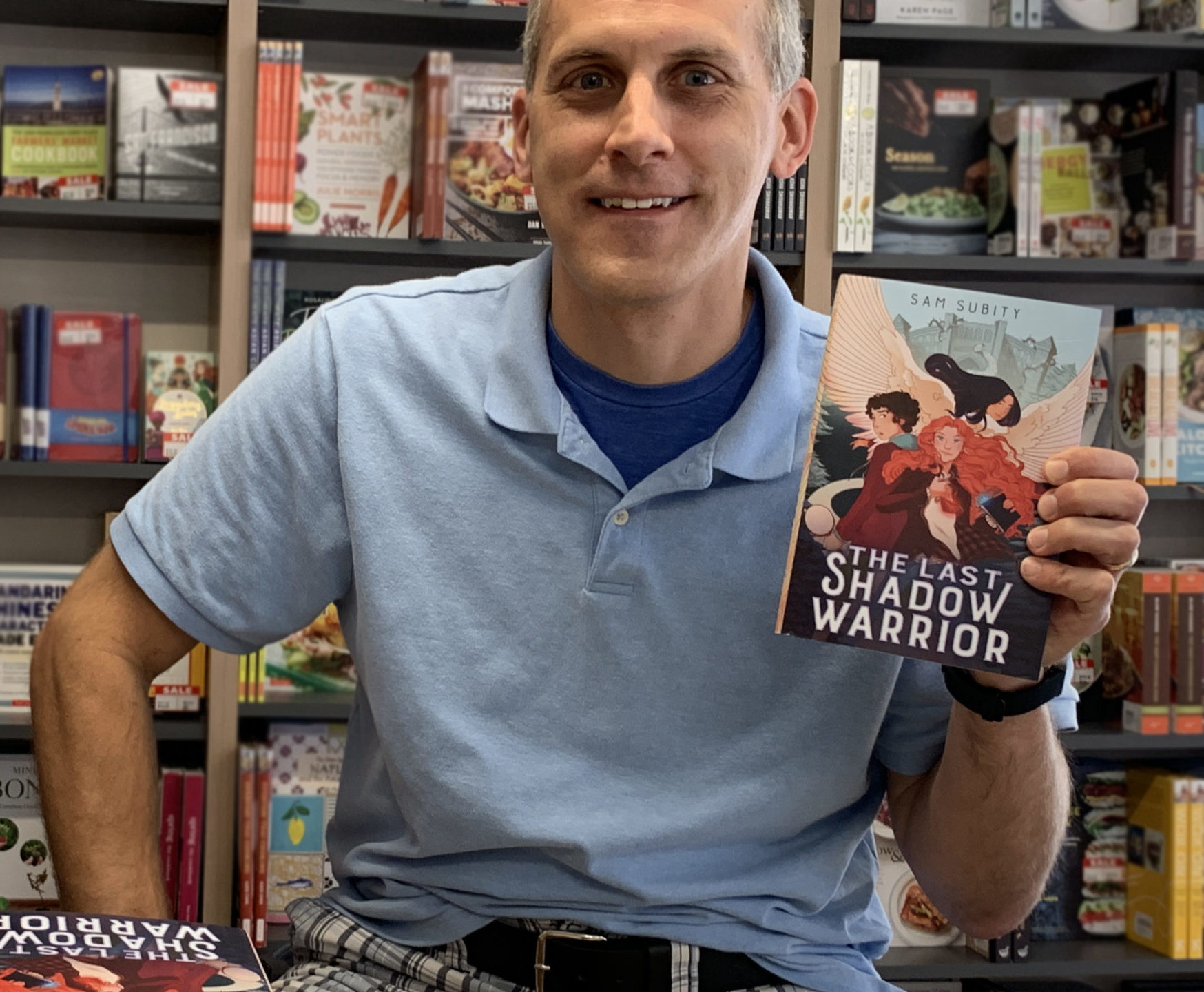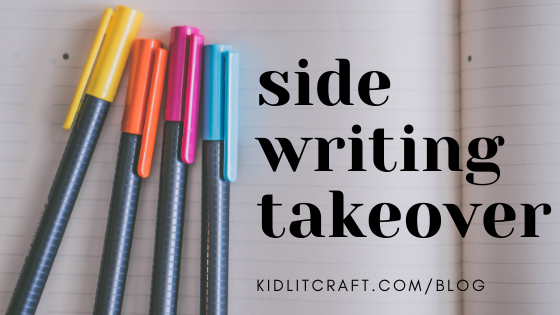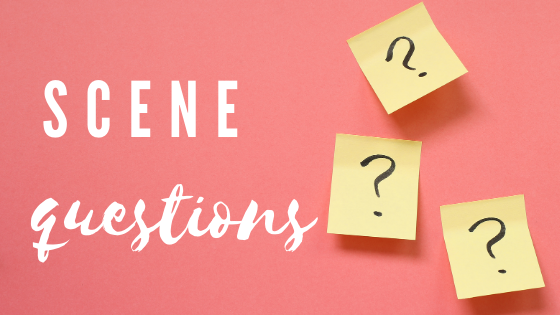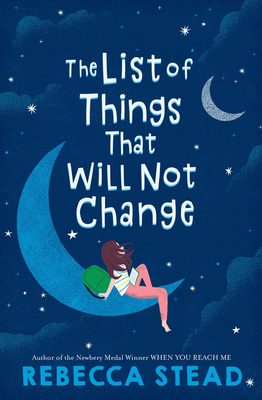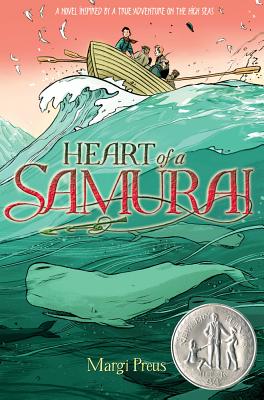hello!
JOIN US IN EXPLORING OTHERS' CRAFT AND BUILDING OUR OWN
“I create my characters’ flaws, misconceptions, and spiritual wounds around a theme or a question that interests me, and then I give them a personal conflict that directly challenges those flaws, misconceptions, and wounds. After that, it’s a matter of developing broader challenges, events, relationships, and conflicts that can revolve around the same theme.” ~ Misa Sugiura
Rita Williams-Garcia masters the crowd scene–a dinner at the midpoint of the book. In a movie, it’s easy to see the crowd and feel the energy in the room. In fiction, it’s more complicated–you need to balance the minute and individual with the group so that readers feel grounded in the environment and in the particular characters’ interactions.
Jewell Parker Rhodes uses five different types of opening lines in her novel Towers Falling. Great mentor text for how to hook a reader in the beginning of a scene.
With contemporary fantasy, it doesn’t take such a stretch of the imagination for the reader to follow along when you blend the familiar with the unfamiliar.
I’ve finally discovered a way of dumping this inner perfectionist for at least part of the journey. I learned through trial and error that the keyboard, domain of the delete key, precursor to print, was where my perfectionist tended to take control. Pencil and paper was where my heart led the way. Which is why I began to “channel” my characters through freewriting. Like poetry, freewrites are a way I ditch my inner critic and make the switch from common sense to felt sense, from thoughts to emotions.
A SCENE QUESTION is a story question on a smaller scale. Introduced at or near the beginning of a scene (or even at the end of the previous scene), the scene question is a yes/no question that will drive the tension in the scene and keep readers turning pages so they can find out the answer.
Your job as a writer is to keep your readers asking the right questions: What will happen to the main character? What decision will she make?
When your reader asks the wrong questions–like, Where are we? Who’s in the room with the main character? Is this happening now, or in the past, or in the future? How much time has gone by since the last scene?–they’ll be too distracted to focus on the more important questions.
craft review by LA Biscay In his craft book Plot and Structure, author James Scott Bell challenges writers to find the strongest hook for scene openers: “The hook is what grabs the reader’s attention from the start and gets him pulled into the narrative. And here is where many a writer stumbles. “Feeling there needs […]
Craft Review by LA Biscay I’ll admit it. I’m a map junkie. I can’t get anywhere without GPS. Even before that technology, I was the road trip companion with a stash of fold out paper maps, ready to highlight the best roads for our journey. Maybe that’s why I’m a plot junkie. I need to […]
